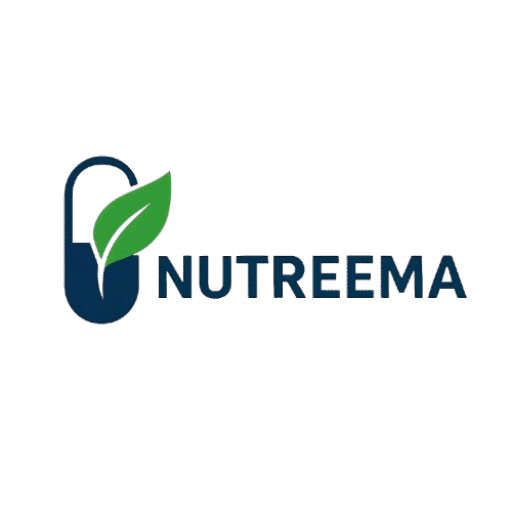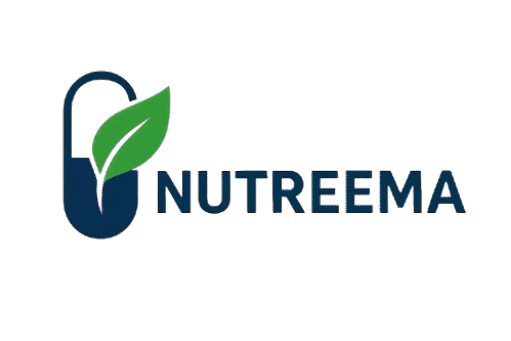Good nutrition is the foundation of energy, immunity, and longevity. But with so many vitamins and minerals out there, which ones are truly essential? Here are the 10 most critical nutrients your body needs, their key benefits, and how to get them—whether from food or supplements.
1. Vitamin D
Why You Need It:
✔️ Supports bone health (helps absorb calcium)
✔️ Boosts immune function
✔️ Regulates mood (linked to lower depression risk)
Best Sources:
-
Sunlight (15–30 min daily)
-
Fatty fish (salmon, sardines)
-
Fortified dairy or plant milk
Who’s at Risk?
-
People in northern climates
-
Darker skin tones (melanin reduces UV absorption)
-
Office workers with little sun exposure
Supplement Tip: Take D3 + K2 for better calcium utilization.
2. Magnesium
Why You Need It:
✔️ Supports 300+ enzymatic reactions
✔️ Reduces muscle cramps and anxiety
✔️ Improves sleep quality
Best Sources:
-
Pumpkin seeds
-
Spinach
-
Almonds
-
Dark chocolate
Who’s at Risk?
-
Chronic stress sufferers
-
Heavy exercisers
-
Those eating processed foods
Supplement Tip: Choose magnesium glycinate (gentle on digestion).
3. Omega-3s (EPA & DHA)
Why You Need It:
✔️ Reduces inflammation
✔️ Supports brain health (memory, focus)
✔️ Lowers heart disease risk
Best Sources:
-
Fatty fish (salmon, mackerel)
-
Algae oil (vegan option)
-
Flaxseeds (ALA, but converts poorly to EPA/DHA)
Who’s at Risk?
-
People who rarely eat fish
-
Those with high triglycerides
Supplement Tip: Look for 1,000+ mg EPA/DHA per serving.
4. Vitamin B12
Why You Need It:
✔️ Critical for nerve function
✔️ Prevents fatigue and anemia
✔️ Supports DNA synthesis
Best Sources:
-
Meat, eggs, dairy
-
Nutritional yeast (fortified)
Who’s at Risk?
-
Vegans/vegetarians
-
Elderly (reduced stomach acid impairs absorption)
Supplement Tip: Use methylcobalamin (active form) for better uptake.
5. Iron
Why You Need It:
✔️ Carries oxygen in blood (hemoglobin)
✔️ Prevents fatigue and weakness
Best Sources:
-
Red meat (most bioavailable)
-
Lentils + vitamin C (enhances absorption)
Who’s at Risk?
-
Women (due to menstruation)
-
Vegetarians/vegans
-
Endurance athletes
Supplement Tip: Ferrous bisglycinate is gentler than sulfate.
6. Zinc
Why You Need It:
✔️ Boosts immunity
✔️ Supports wound healing
✔️ Maintains taste and smell
Best Sources:
-
Oysters (#1 source)
-
Beef, pumpkin seeds
Who’s at Risk?
-
Vegetarians (plant zinc is less absorbable)
-
People with digestive disorders
Supplement Tip: Don’t exceed 40 mg/day (can deplete copper).
7. Vitamin C
Why You Need It:
✔️ Strengthens immune system
✔️ Acts as a powerful antioxidant
✔️ Supports collagen production (skin/joints)
Best Sources:
-
Citrus fruits
-
Bell peppers
-
Kiwi
Who’s at Risk?
-
Smokers (depletes vitamin C)
-
Those with low fruit/veg intake
Supplement Tip: Liposomal vitamin C absorbs better than standard forms.
8. Calcium
Why You Need It:
✔️ Builds strong bones and teeth
✔️ Supports muscle and nerve function
Best Sources:
-
Dairy (yogurt, cheese)
-
Leafy greens (kale, bok choy)
-
Fortified plant milk
Who’s at Risk?
-
Postmenopausal women
-
Lactose-intolerant individuals
Supplement Tip: Take with vitamin D and K2 for proper absorption.
9. Potassium
Why You Need It:
✔️ Regulates blood pressure
✔️ Supports muscle contractions (including heart)
Best Sources:
-
Bananas
-
Sweet potatoes
-
Avocados
Who’s at Risk?
-
People on processed diets (high sodium, low potassium)
-
Those taking diuretics
Supplement Tip: Food-first approach (supplements are limited to 99mg due to safety).
10. Iodine
Why You Need It:
✔️ Essential for thyroid hormone production
✔️ Supports metabolism and brain development
Best Sources:
-
Seaweed
-
Iodized salt
-
Fish
Who’s at Risk?
-
Vegans (no seafood or iodized salt)
-
Pregnant women (critical for fetal brain development)
Supplement Tip: Don’t overdo it—too much iodine harms the thyroid.
Final Tips for Optimal Nutrient Intake
-
Eat a varied, colorful diet (prioritize whole foods).
-
Test for deficiencies (iron, vitamin D, B12 are common).
-
Supplement wisely—only when diet falls short.
-
Pair nutrients strategically (vitamin C with iron, fat with fat-soluble vitamins).


